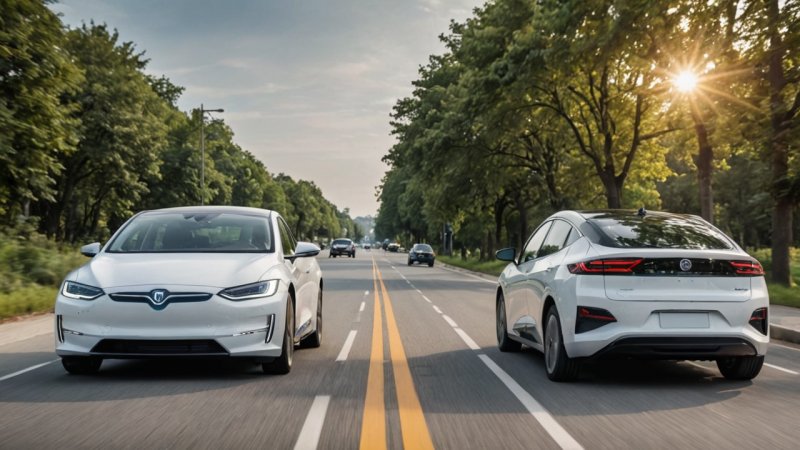As the automotive industry continues to evolve, the debate between electric and hybrid cars is gaining momentum. Each option has its distinct advantages, and choosing between them can be challenging. This article will provide an overview of key considerations to help you make an informed decision about which type of vehicle best suits your lifestyle and driving habits.
1. Driving Range
Electric cars often have a limited range compared to hybrids. If you frequently take long trips, a hybrid might be a better choice, as it combines a gasoline engine with an electric motor, allowing for extended driving without the need for frequent charging.
2. Charging Infrastructure
Consider the availability of charging stations in your area. If you live in a city with robust charging options, an electric car can be convenient. However, if charging infrastructure is lacking, a hybrid vehicle can alleviate range anxiety.
3. Fuel Efficiency
Electric cars typically offer better fuel efficiency compared to hybrids, resulting in lower energy costs over time. If you're looking for a long-term economical option, electric vehicles might be your best bet.
4. Environmental Impact
Both electric and hybrid cars are more environmentally friendly than traditional gas vehicles. However, electric cars produce zero tailpipe emissions, making them a more sustainable choice for eco-conscious drivers.
5. Maintenance Costs
Electric vehicles tend to have lower maintenance costs due to fewer moving parts and no oil changes. Hybrids, while still cheaper to maintain than gas cars, may require more service over time because of their complex systems.
6. Performance
If you prioritize performance, an electric car offers instant torque and smooth acceleration. For those who enjoy traditional driving dynamics, hybrids can provide a balance between electric and combustion engine performance.
7. Initial Purchase Price
Electric cars can have a higher upfront cost compared to hybrids, though this gap is narrowing. Consider your budget and whether you’re willing to invest more for an electric vehicle that may save you money in the long run.
8. Incentives and Rebates
Check for government incentives for electric vehicle purchases, which can significantly lower the cost. Many areas offer tax breaks or rebates for both electric and hybrid vehicles, making them more affordable options.
9. Driving Habits
Your daily driving habits should influence your choice. If most of your drives are short trips, an electric vehicle might suit you perfectly. On the other hand, if you often embark on longer journeys, a hybrid could provide the flexibility you need.
10. Future Trends
With the automotive industry rapidly shifting towards electrification, consider the long-term viability of your choice. Electric vehicles are becoming more mainstream, and as technology advances, they are likely to offer even more benefits.
In conclusion, when deciding between electric and hybrid vehicles, it’s essential to consider your driving habits, budget, and environmental priorities. Both options present unique advantages that can enhance your driving experience. By weighing these factors, you can find the right vehicle that fits your lifestyle and meets your needs.






